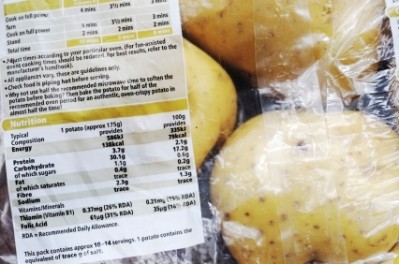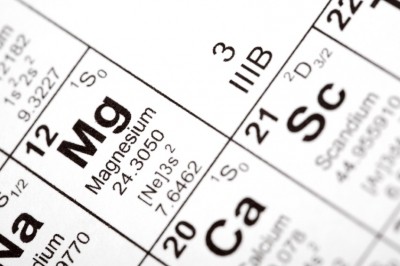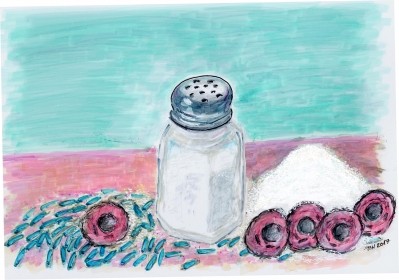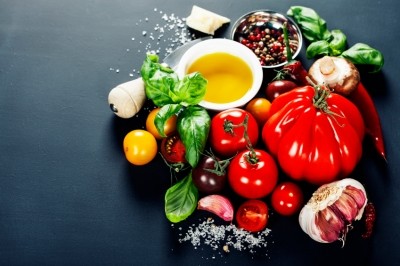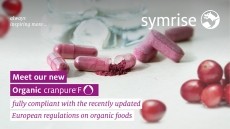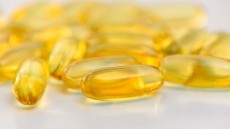Total polyphenol intake may determine blood pressure benefit of Mediterranean diet: study
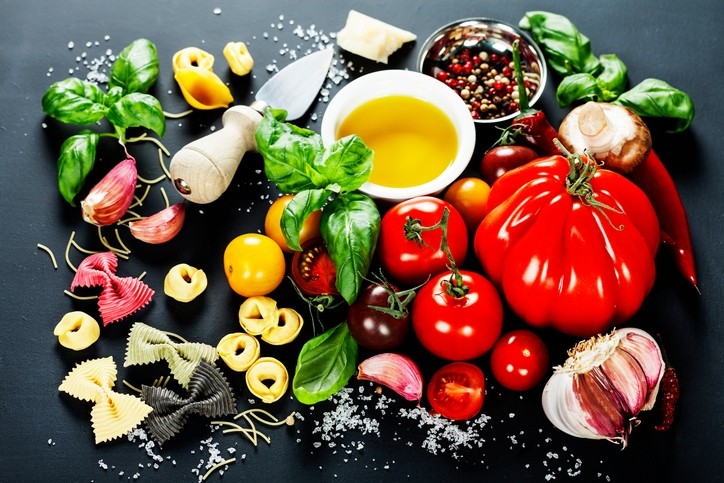
The trial, known as the MEAL (Mediterranean healthy Eating, Ageing, and Lifestyle) study, examined total dietary intake of phenolic acids (also known as polyphenols) in a group of Sicilian adults.
Individuals with the highest total intakes of dietary phenolic acids (also known as polyphenols), showed a 32% reduction in risk of high blood pressure, no matter which foods they were obtained from, found researchers from the University of Catania, Sicily.
“The findings of this study suggest that dietary phenolic acids may be inversely associated with hypertension, irrespective of their dietary source. Thus, phenolic acid content of the diet may be responsible for the observed beneficial effects on blood pressure of certain foods,” wrote first author Justyna Godos.
However, despite the hypertension risk reduction for the highest quartile of phenolic acid intake (median 522 milligrams/ day (mg/d)), there was no statistically significant trend over the four quartiles of intake.
This is consistent with previous research suggesting total intake of polyphenols only showed an inverse relationship with hypertension above a certain threshold. The previous work examined a Brazilian population, where the observed threshold level was 300 mg/d.
Study details
The cross-sectional study measured dietary polyphenol intake in 2044 adults using food frequency questionnaires (FFQ), which had been previously validated for the Sicilian population. The polyphenol content of foods was calculated using the Phenol-Explorer database.
The researchers split the study population into quartiles by total phenolic acid intake and correlated them with blood pressure. Adjustments were made for intake of minerals such as sodium, magnesium and other micronutrients that are known to have an effect on blood pressure.
Total intake or specific phenolic acid?
The researchers also looked at whether specific individual phenolic acids and particular food groups had an effect of blood pressure.
The scientists’ sub-analysis looked at hydroxybenzoic, hydoxycinnamic, hydroxyphenylacetic and caffeic acids.
“When taking into account individual subclasses of phenolic acids, only hydroxyphenylacetic acid was inversely associated with hypertension (highest vs. lowest quartile, OR = 0.63, 95% CI: 0.40, 0.96),” reported the team.
The study also identified some gender specific effects. Hydoxycinnamic and hydroxyphenylacetic acids were inversely associated with hypertension in women but not in men, while caffeic acid showed an inverse correlation only in males.
For specific foods, the researchers considered coffee, nuts, tea, olive, red & white wine and beer. Surprisingly, only beer intake was significantly linked with lower hypertension risk.
“Among dietary sources of phenolic acids considered in the analysis, only beer was significantly inversely associated with hypertension (highest vs. lowest quartile, OR = 0.32, 95% CI: 0.15, 0.68),” wrote the researchers.
Mechanisms
Phenolic acids are known to improve the health of the endothelium (the cells that line the blood vessels). Previous research has suggested that polyphenols may help dilate blood vessels and/ or act in a similar manner to the blood pressure lowering drugs Angiotensin Converting Enzyme (ACE) inhibitors.
Nevertheless, the researchers called for further work into understanding these mechanisms.
“More in-depth laboratory studies are needed to corroborate the exact mechanisms of action of such foods in order to better understand which compounds improve endothelial health and may affect the risk of hypertension.”
Source: Nutrients
Volume 9, issue 10, published online. DOI: 10.3390/nu9101069
“Association between Dietary Phenolic Acids and Hypertension in a Mediterranean Cohort”
Authors: Justyna Godoś, Dario Sinatra, Isabella Blanco, Serena Mulè, Melania La Verde and Marina Marranzano
